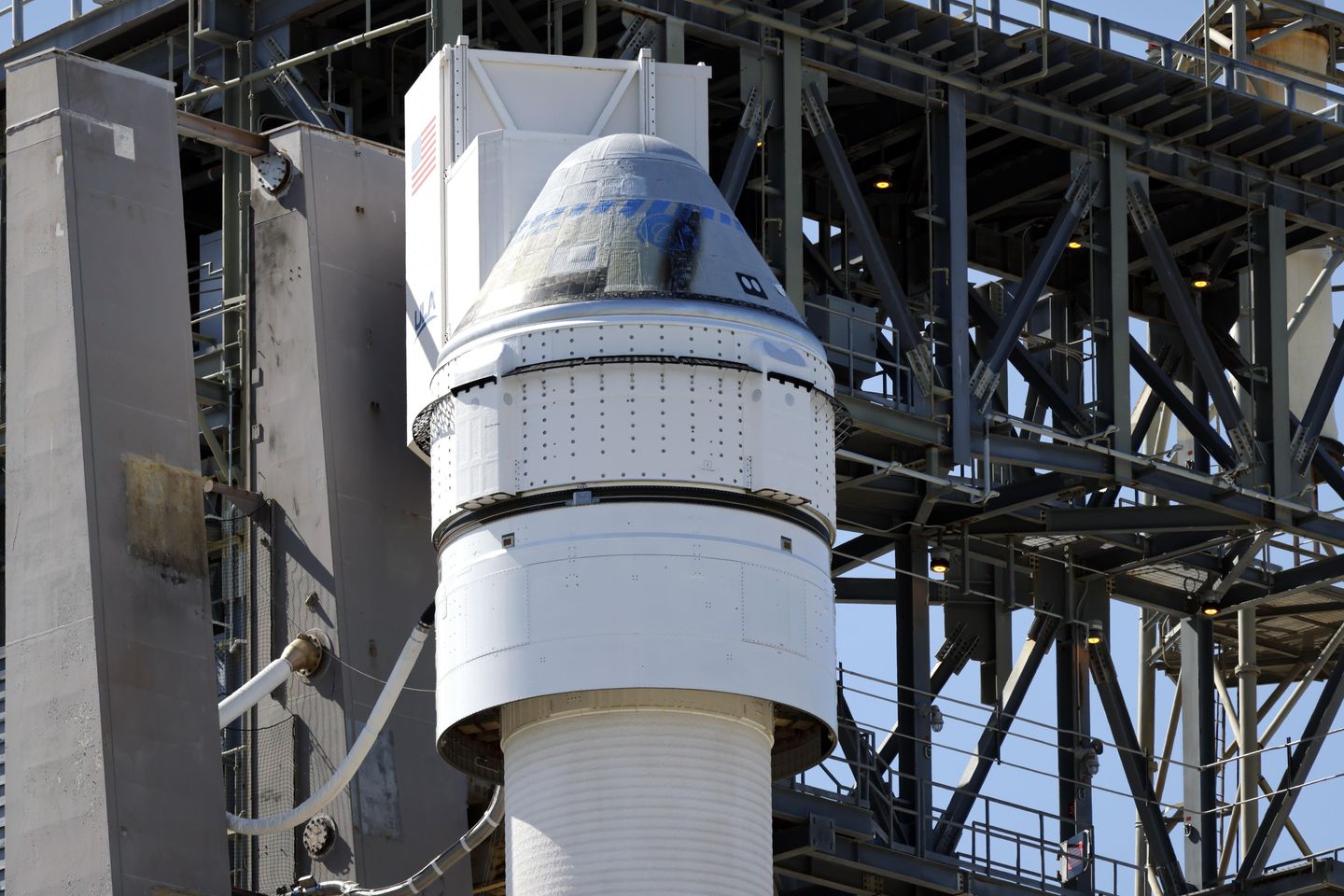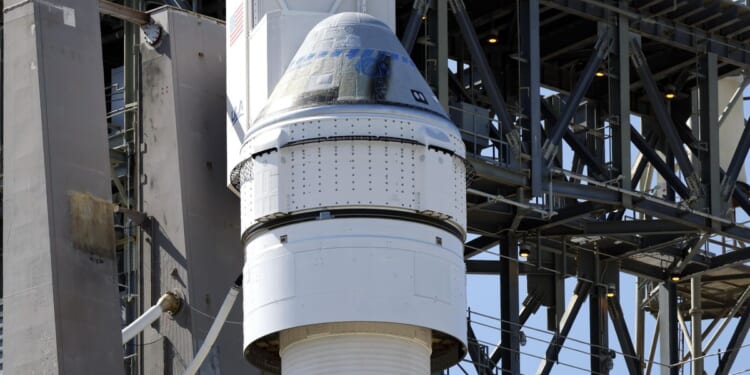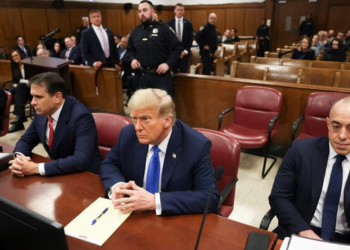
CAPE CANAVERAL, Fla. — Boeing called off its first astronaut launch because of a valve problem on the rocket Monday night.
The two NASA test pilots had just strapped into Boeing’s Starliner capsule when the countdown was halted, just two hours before the planned liftoff. A United Launch Alliance engineer, Dillon Rice, said the issue involved an oxygen relief valve on the upper stage of the company’s Atlas rocket.
There was no immediate word on when the team would try again to launch the test pilots to the International Space Station for a weeklong stay. It was the latest delay for Boeing‘s first crew flight, on hold for years because of capsule trouble.
“In a situation like this, if we see any data signature is not something that we have seen before, then we are just simply not willing to take any chances with what is our most precious payload,” Rice said.
Starliner’s first test flight without a crew in 2019 failed to reach the space station and Boeing had to repeat the flight. Then the company encountered parachute issues and flammable tape.
Within minutes, Boeing‘s new-style astrovan was back at the launch pad to retrieve Butch Wilmore and Suni Williams from their pad at Cape Canaveral Space Force Station.
NASA hired Boeing and SpaceX a decade ago to ferry astronauts to and from the space station after the shuttle program ended, paying the private companies billions of dollars. SpaceX has been in the orbital taxi business since 2020.
Starliner’s debut test flight without a crew in 2019 ended up in the wrong orbit and failed to reach the space station, forcing Boeing to repeat the demo before astronauts could fly. Following more reviews last year, the company had to fix the capsule’s parachutes and yank out a mile of flammable tape.
• The Associated Press Health and Science Department receives support from the Howard Hughes Medical Institute’s Science and Educational Media Group. The AP is solely responsible for all content.












